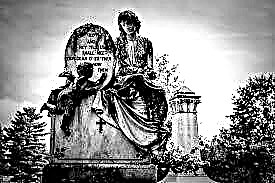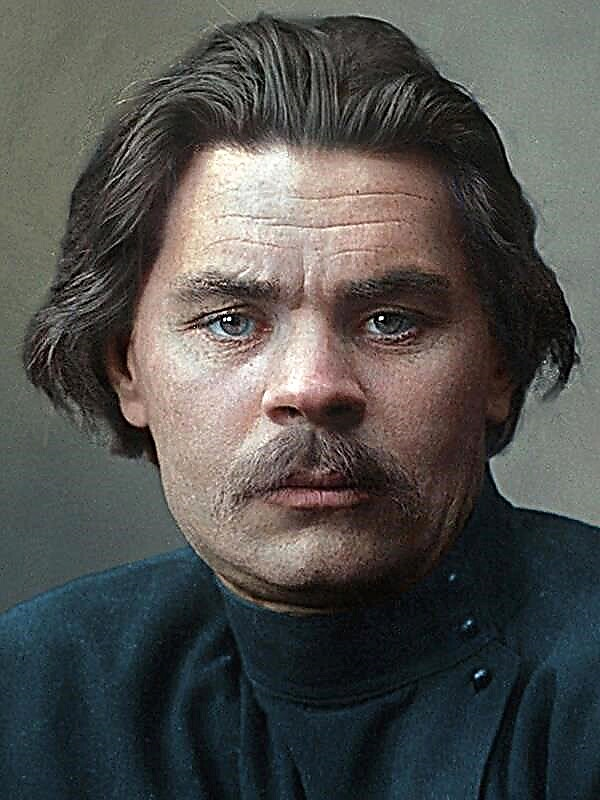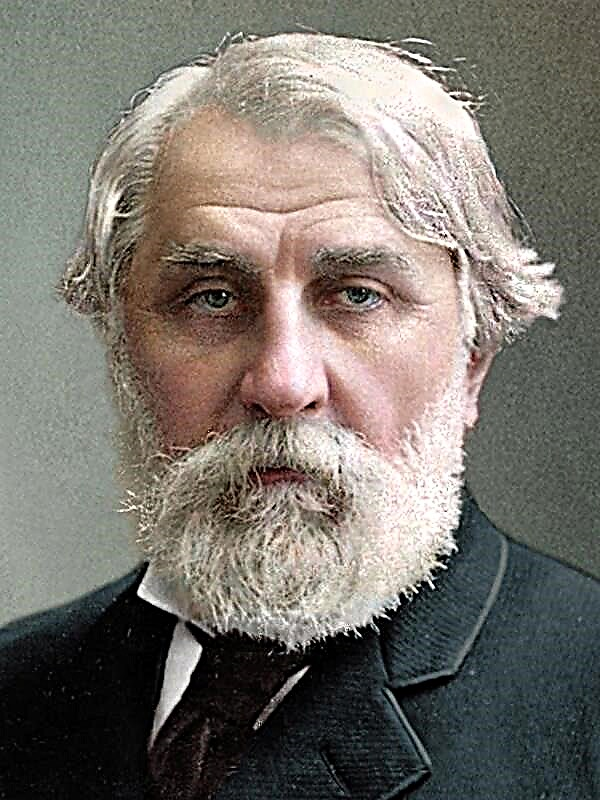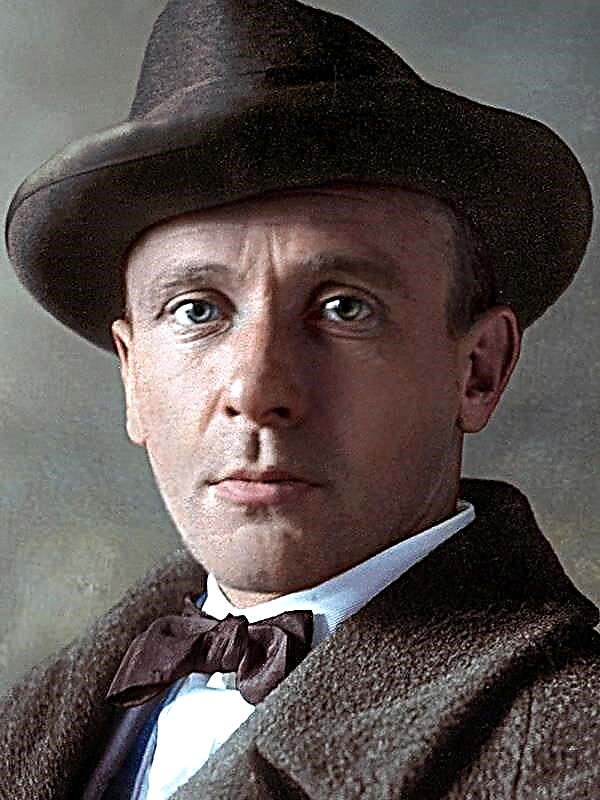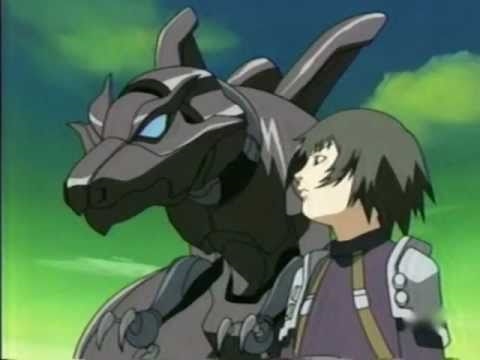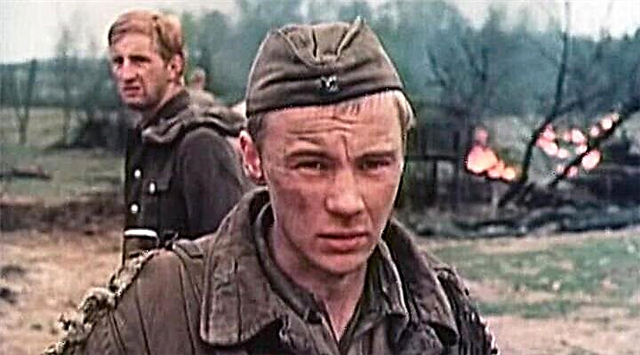(356 words) The basis for the creation of the story "The Fate of Man" was a real meeting of the writer with a participant in the Great Patriotic War, which later became the prototype of the protagonist of this work. His tragic story echoed loudly in the heart of Sholokhov, so he wanted to set out everything he heard on paper. As a result, the writer managed to reflect a truly Russian character.
The author called his main character Andrei Sokolov. Before the war, in his usual way, everything was ordinary and stable: family, work as a driver, modest life. But war broke out, and Andrei was called to the front. It was hard for him to part with his family, which had become a reliable rear for him. But Sokolov knew that his mission was noble: to get rid of the invaders in his native land. It was the solidarity of his family union, the strength of these indestructible bonds that laid the foundations of a strong personality, seasoned disposition and sense of justice in the hero.
During the war, Andrei established himself as a disciplined and courageous warrior. And being captured by the Germans, he showed steadfastness, giving himself the installation never to give up. After all, behind the front line he was waiting for his beloved family.
Perhaps, for the first time Andrei had to show the steadfastness of his temper when he heard about the intention of one military to convey to the Fritz. His whole being opposed to betrayal. And the hero killed the instigator. He understood that it was his duty, but, having committed the murder, was disgusted.
Later, Andrei managed to escape, but he was found in the field by enemy dogs. The impetus for this risk was served by the memory of the family. Returning to the camp, the hero was faced with betrayal: a hidden enemy made a denunciation. Hungry and exhausted, Sokolov appeared before the command. Anticipating his fate, he refused to drink for the victory of Germany in the war. He drank only for his death. The way this warrior courageously and steadfastly behaved delighted German officers. They gave Andrei life and let him go to the barrack, handing a loaf of bread and a piece of lard. Subsequently, Sokolov indicated that they should be divided equally among all prisoners, without depriving the person who had meanly betrayed him. Sensitivity, kindness and justice coexisted in the character of Andrei Sokolov, along with courage, endurance, courage and an unbroken faith in victory over the enemy army.
Having gone through all the horrors of war, having lost his family, Andrei Sokolov remained true to himself. He was able to light a ray of hope for life in the heart of an orphaned boy, whom he sheltered in the finale. In his actions we recognize the real Russian man.


